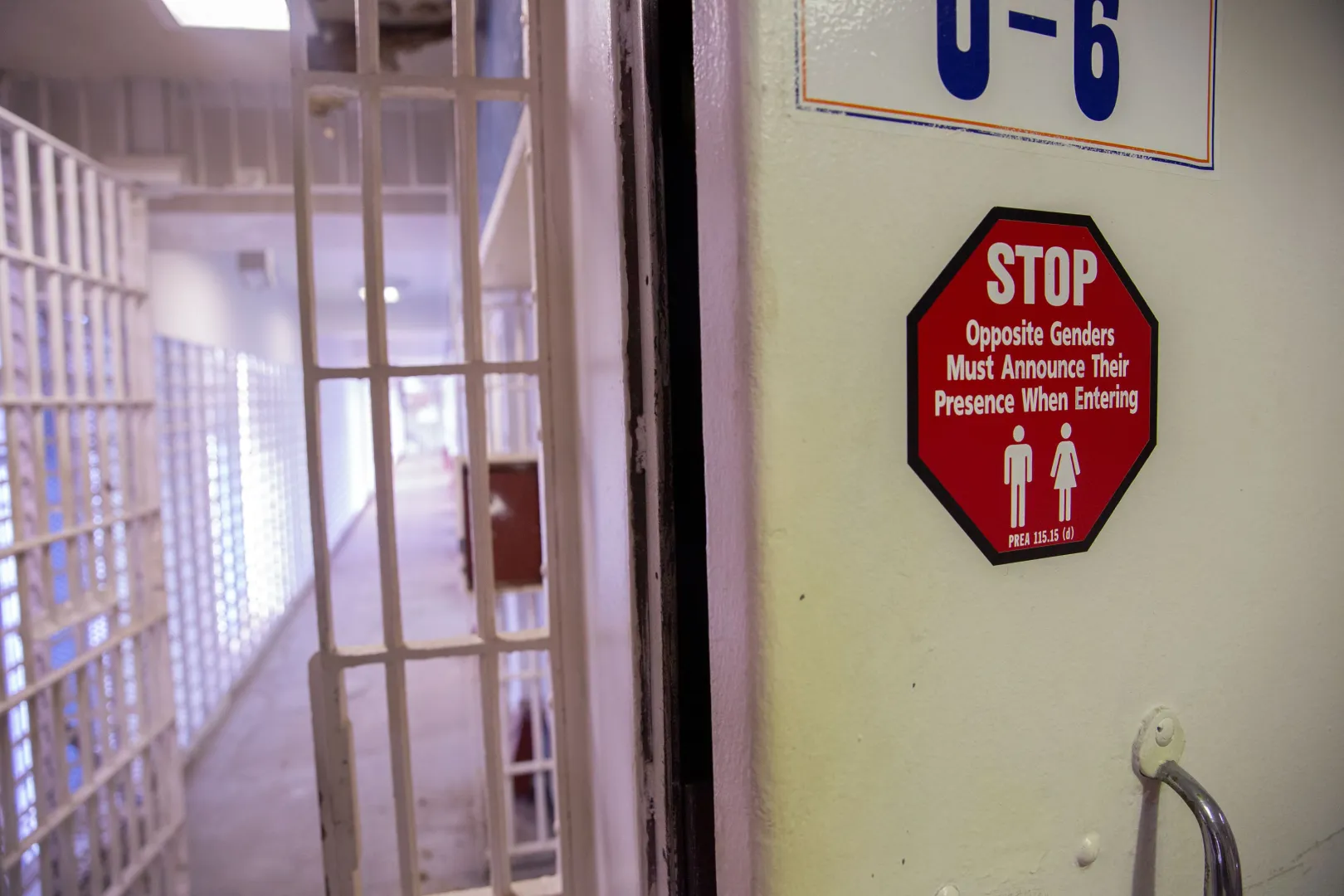Heart failure: Medical runaround keeps man locked in state prison two years after being paroled
Not only was John Teixeria granted a rare “medical parole” in January 2020 but he’s also received standard parole every six months since then. But state prison officials say they have no place to send him in his condition.

 This article was originally published on by THE CITY
This article was originally published on by THE CITY
When John Teixeria was moved to a nursing home in Queens Village after three decades in prison, he thought his time behind bars was finally at an end.
“When I first crossed the Throgs Neck Bridge, I said, ‘It’s over,’” Teixeria recalled of the trip in June 2021 during an interview via his legal team earlier this month back at Fishkill Correctional Facility. “We pulled up, went inside, they introduced themselves to me.”

Brooklyn Boro
View MoreNew York City’s most populous borough, Brooklyn, is home to nearly 2.6 million residents. If Brooklyn were an independent city it would be the fourth largest city in the United States. While Brooklyn has become the epitome of ‘cool and hip’ in recent years, for those that were born here, raised families here and improved communities over the years, Brooklyn has never been ‘uncool’.